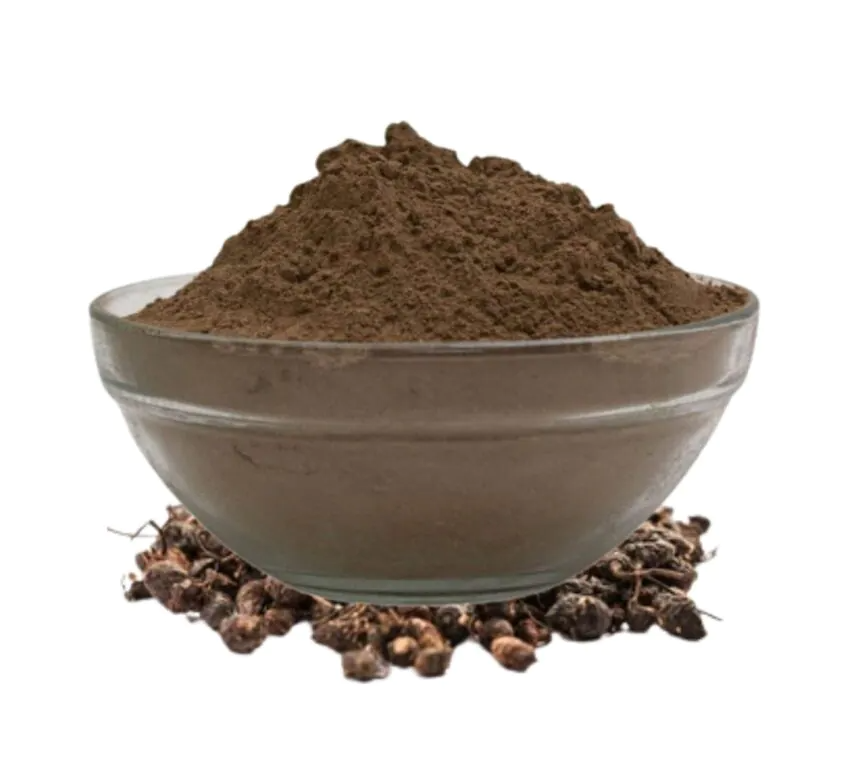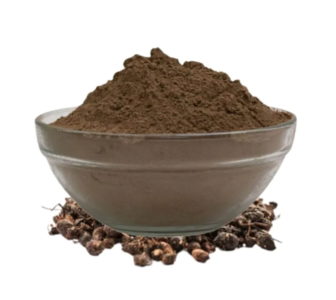Nagarmotha herbal powder-Nutgrass is recognized by various names in English including Nutgrass, Nutsedge, Java grass, Coco grass, Red nutsedge, and Purple nutsedge. In Hindi, it is known as Mustak, Nagarmotha, and Motha, while in Bengali it is referred to as Mutha or Musta. In Tamil, it goes by Muthakach, and in Telugu, it is called Tunga Mustalu. The Malayalam term is Muthanga, and in Kannada, it is known as Tunge gadde. In Gujarati and Marathi, it is referred to as Moth, Nagarmoth herbal powder, and Motha, among other names, and in Punjabi, it is known as Mutha or Motha. Siddha medicine recognizes it as Koraikkizhangu, while Unani refers to it as Naagarmothaa or Saad-e-Kufi.
Nutgrass, commonly known as “Nut grass,” possesses a distinct fragrance and is commonly used in culinary spices, perfumes, and the production of incense sticks. It is also known by its botanical name, Cyperus rotundus, along with other regional names such as Mustak, Motha, Nagaramattea, Nagaretho, Chakranksha, and Charukesara, to name a few.
Nagarmotha herbal powder is renowned for its antimicrobial properties, guarding against various bacterial and fungal infections. For individuals with hypersensitive skin, it is advisable to blend Nagarmotha oil or powder with coconut oil or rose water before application. Regular use of Nagarmotha oil enhances hair texture, adds shine, promotes hair growth, and prevents hair fall and premature greying by effectively reducing stress.
Nagarmotha herbal powder is referred to by several alternative names across different regions and languages. Some of these include Nutgrass Powder, Musta Powder (Sanskrit term for Nagarmotha), Cyperus Rotundus Powder (botanical name), Coco Grass Powder, Korai Kizhangu Powder (South Indian term), Mustak Powder, Bhadramusta Powder (Sanskrit term), and Rattan Jot Powder. It’s essential to consider regional variations and cultural nuances when referring to Nagarmotha herbal powder or any herb, ensuring the use of accurate botanical or recognized terms.


